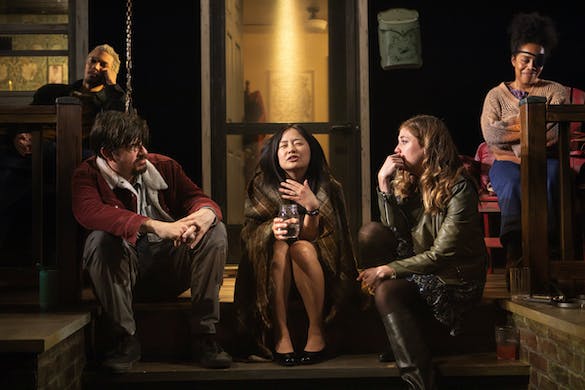
Santa Monica Establishes $3.5 Million Reparations Fund Despite ‘Dire’ Financial Outlook
By LUKE FUNK
|In addition to being Branden Jacobs-Jenkins’s Covid play, ‘The Comeuppance’ is the 38-year-old writer’s typically smart, funny, and unsettling take on his generation’s particular place in a troubled socio-political landscape.


By LUKE FUNK
|
By MATTHEW RICE
|
By DONALD KIRK
|
By CARL ROLLYSON
|
By BRADLEY CORTRIGHT
|
By CARLOS SOUSA
|
By LUKE FUNK
|
By JAMES BROOKE
|Already have a subscription? Sign in to continue reading
$0.01/day for 60 days
Cancel anytime
By continuing you agree to our Privacy Policy and Terms of Service.